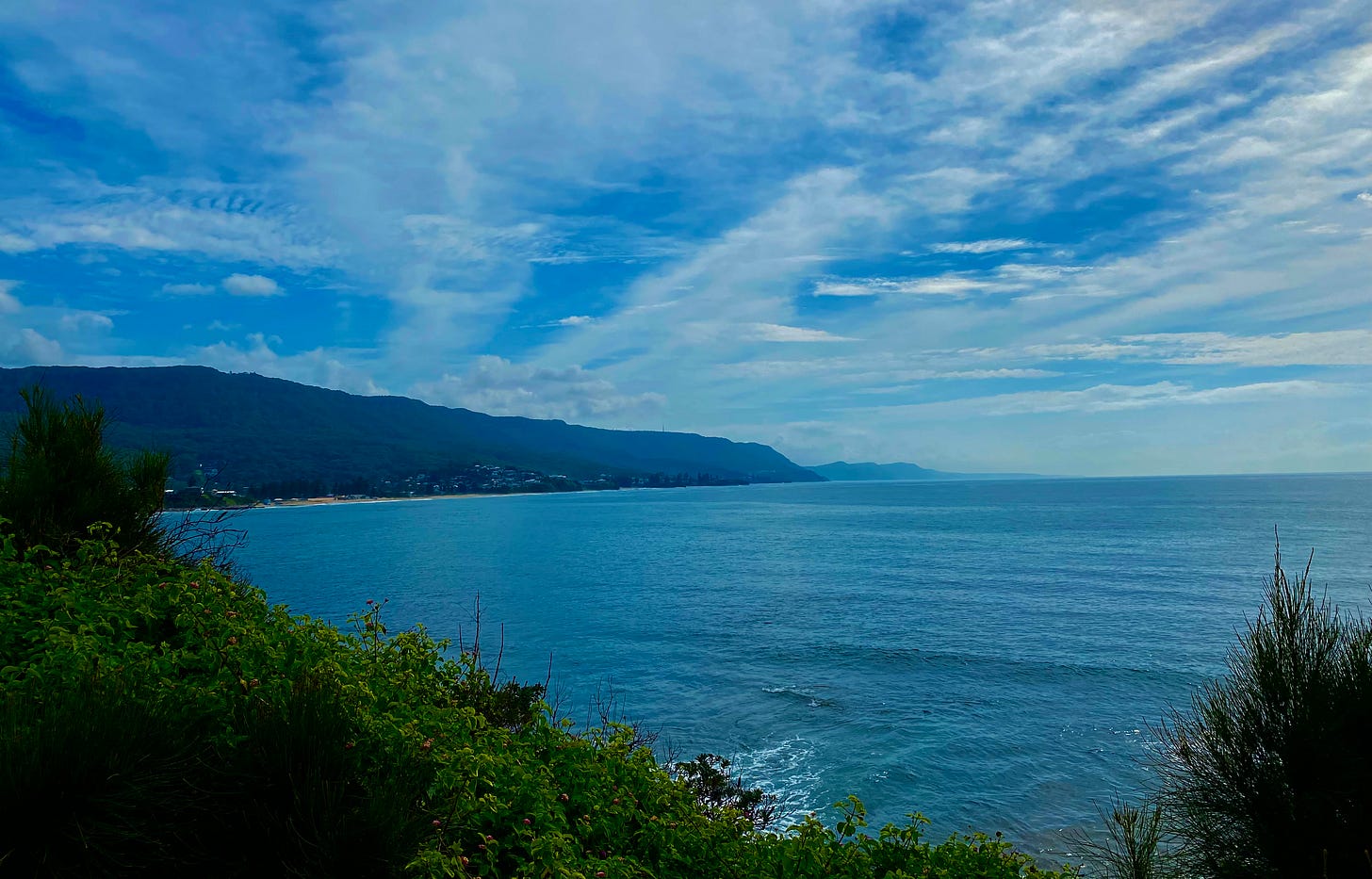Week 11: Bonds of Trust and Understanding Change
Continuing with the Southeast Asia Emerging Leaders Program this past week.
This week I have been up in Sydney continuing with the Southeast Asia Emerging Leaders Program that began last week in Melbourne. The program was funded by Australia’s Department of Foreign Affairs and Trade (DFAT), and organised by Strategic Development Group – with DFAT selecting participants via Australia’s embassies throughout Southeast Asia. Alongside myself, there were two other Australians participating, both working for the Office of Southeast Asia within DFAT.
While much of the program involved learning about various aspects of leadership, and briefings on Australia’s economic and foreign policies, the overarching objective was to form long-lasting bonds between the participants. Australia is unique in that its dominant culture is highly distinct from its neighbours. This means the work we have to do to build trust and habits of cooperation is greater than most countries (noting the obvious exception of those countries whose neighbours are belligerent fascists like Russia, with whom trust and cooperation is impossible).
This work doesn’t just involved leader-to-leader relationships, or government-to-government, but requires the building of bonds across a range of fields, as well as civil society. From DFAT’s perspective, having a cohort of brilliant young people throughout the region who are familiar with Australia and have strong personal links to the country is a great asset. The hope is that these links can develop into mutually beneficial economic or political relationships (and friendships). Driving greater integration of Australia into its neighbourhood.
On Wednesday we took a trip down to Wollongong, a port city about an hour and half drive from Sydney. In the morning we spoke with some local Indigenous elders about First Nations history, culture, and ideas on leadership – how knowledge is passed down and leadership within the community is fostered.
During this discussion something one of the elders said about the nature of change has stuck with me. When Europeans arrived in Australia they saw their own technological capabilities as vastly superior to the indigenous population. They used this assessment to declare the land terra nullius – or a land belonging to no-one. The Europeans saw technological progress as central to their assessment of humanity. And therefore, in their eyes, the indigenous people lacked humanity.
The elder challenged this worldview by stating simply that change comes from discontent. What the Europeans saw as an inferior society was actually a society comfortable with itself and with its role within its environment. Indigenous people held a completely different assessment of what was considered necessary and worthwhile for a good life.
Thinking about this in the global context, we have all experienced a relentless pace of change over the past century, and in particular the past few decades. While there are obviously things we should be discontent with, the changes we have created do not seem to be making us happy. They instead seems to be creating a greater sense of insecurity. Which has us again grasping for greater change.
This isn’t an advocacy for degrowth as a way to inhibit our technological change – this would be disastrous for the world’s poorest people. But simply an idea to contemplate in regards to what we value, what should we be striving for to have a good life, and to think about how we create a greater sense of harmony with the world.
One of the Singaporean participants in the program and I bonded over Tamil film songs. Having spent a significant amount of time in southern India it is noticeable that the bus drivers all have a great fondness for 80s Tamil film songs. Previously I’ve spent a lot time trying to track down many of the songs that I heard. My new friend, however, has introduced me to something a little more modern.


